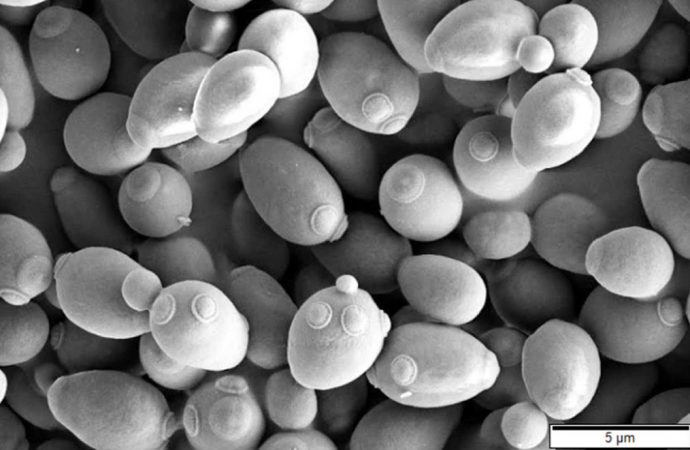Patient X had been a healthy man. He was in his forties, with no medical or psychiatric episodes, and lived a normal life, until the day he had a thumb injury, in January 2011. Doctors treated patient X with antibiotics, and episodes of depression, aggressive behaviour and “brain fog” started to occur.
One day, in 2014, he was arrested for driving while intoxicated, even though he firmly denied having drunk any alcohol. In fact, patient X had stopped drinking altogether after the antibiotic treatment and the subsequent episodes of “brain fog”, but his breath-analyser tests showed high blood alcohol levels. After years of searching for help from psychiatrists and physicians, he was diagnosed with a very rare condition: auto-brewery syndrome.
It turns out, the researchers postulate, that the antibiotic treatment he was given after his thumb injury triggered fungi overgrowth in the gut flora. Whenever patient X ate carbohydrates, those fungi (Candida and S. cerevisae) fermented and converted them into alcohol. Patient X’s bowel was producing alcohol on its own.
Doctors at the Richmond University Medical Centre, in New York, decided to treat patient X with anti-fungi drugs and a strict carbohydrate-free diet. Symptoms disappeared completely until patient X ate a pizza and relapsed, ending up hospitalised once again.
The anti-fungi therapy was initiated again, this time in combination with a probiotic treatment that helped to normalise his gut flora. Carbohydrates were slowly reintroduced in his diet and no symptoms reappeared. After more than a year of this treatment, patient X remains asymptomatic.
Auto-brewery syndrome: a rare condition
In 1972, the Japanese researcher K. Iwata reported 12 cases of auto-brewery syndrome. Sometimes referred to as Gut Fermentation Syndrome or Endogenous Ethanol Fermentation, the disease remains largely unknown in the medical community and very few cases have been reported, including a 3-year-old child who presented symptoms of intoxication after ingesting carbohydrates.
Fermenting yeasts, such as Saccharomyces cerevisiae, and various strains of Candida are the most frequent causes of the disease. Antifungal therapy remains the treatment of choice.
Source: Malik F, Wickremesinghe P, Saverimuttu J. Case report and literature review of auto-brewery syndrome: probably an underdiagnosed medical condition BMJ Open Gastroenterology 2019;6:e000325. doi: 10.1136/bmjgast-2019-000325





